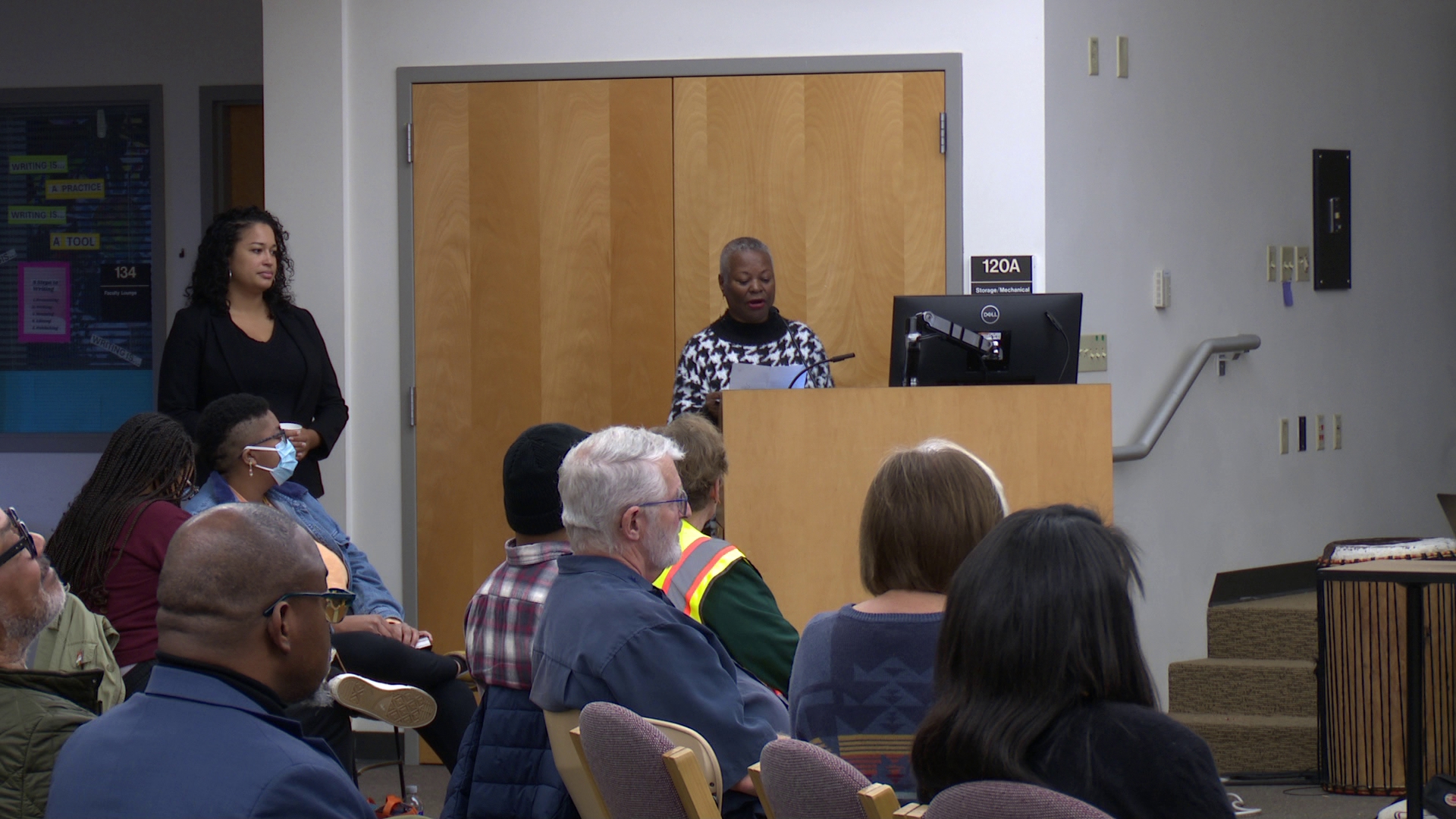SEATTLE — A defendant’s ability to participate in their own defense is a fundamental requirement for a court case to proceed to trial in the United States.
If a defendant is deemed mentally incompetent, it is the responsibility of the state to provide them treatment until such a time that they are able to participate in their own defense.
In Washington state, there is an unprecedented backlog of inmates who are waiting for spots in state-run mental health institutions to be restored to competency. Several high-profile court cases have been stalled at the competency evaluation phase as inmates wait for treatment.
Here’s an explanation of the process of a competency evaluation and how courts determine when an inmate is fit to stand trial.
Determining competency
The question of whether or not a defendant is competent to stand trial can be raised by either the prosecution or the defense in a criminal case.
According to Washington state law, in order to stand trial, a defendant must be able to understand the following:
- The nature of the charges against them
- The statutory offense they are accused of committing
- The range of punishments they could be facing
- The possible defenses to the charges against them
When a defendant’s competency is in question, the court orders an evaluation by a professional to determine whether or not that person is fit to stand trial.
Competency evaluations can take place in jails, in the community at a state hospital or in a competency evaluation program. According to the Washington State Department of Social and Health Services (DSHS), during an evaluation, a psychologist will typically go over a defendant’s mental health history, education and work history, and the defendant participates in a clinical interview.
According to state law, the expert who conducts the evaluation will then provide a recommendation to the court about whether or not the defendant is competent. If not, the defendant will be transferred to a mental health facility where they will undergo treatment.
Restoring competency
For defendants who are found incompetent to stand trial, the state is required to restore them to competency.
According to DSHS, this typically involves admission to a forensic services unit, which is a facility that treats patients committed by the state. The state carries out this treatment at Western State Hospital, Eastern State Hospital and also at residential treatment facilities at the former Maple Lane School in Centralia.
Treatment can include educational, therapeutic and recreational activities, as well as psychotropic medications, according to DSHS.
After a court-mandated length of time, an inmate will be reevaluated for competency. If they are found competent, they will proceed to trial. If they are found incompetent, the court can order the defendant to undergo more treatment.
In some circumstances, if a person is found to not be restorable to competence within a “reasonable period” charges may be temporarily dismissed while the person is treated in a civil facility, according to DSHS. If that person is later found to be competent, the prosecuting attorney can reopen the case.
Washington faces ‘unprecedented’ backlog of inmates incompetent to stand trial
While the state of Washington typically mandates that inmates found incompetent to stand trial are transferred to state-run facilities within seven days of that determination, inmates are currently waiting months for beds in mental health facilities.
In one high-profile case, a man charged with randomly assaulting a nurse, randomly attacking a woman at a Seattle bus stop and murdering a man with a piece of rebar in Capitol Hill waited 299 days for a bed at Western State Hospital.
DSHS has been repeatedly fined for its inability to accept inmates deemed unfit for trial into state-run treatment facilities within a timely manner. The agency said they are working as quickly as they can to build more beds and add staff but pointed toward the COVID-19 pandemic and hiring troubles as setbacks in the process.
In the first part of this year, DSHS has increased its bed capacity for mentally ill defendants. In January, the state’s first residential treatment facility opened in Centralia. The 16-bed, state-of-the-art facility is called the Civil Center for Behavioral Health at Maple Lane.
An additional 58 beds have been added at the Western State Hospital campus in 2023. These new wards were specially built to provide competency restoration services.



